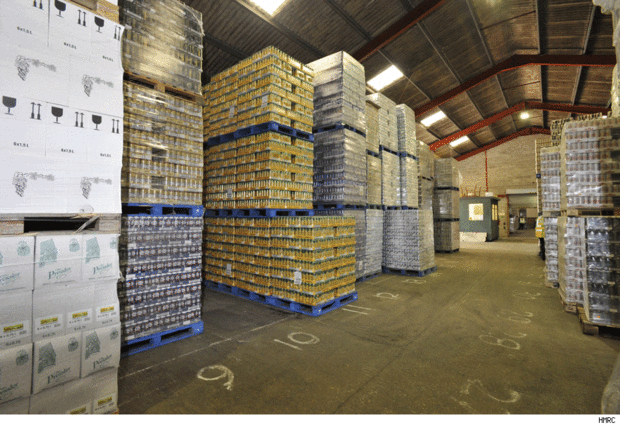
Drinks firms face increased costs and red tape over new HMRC fraud rules
Drinks firms face increased red tape and administrative costs for carrying out due diligence as part of a HMRC crackdown on alcohol fraud.
New rules around due diligence take effect on November 1 and drinks firms will be required to undertake extensive checks as a condition of excise registration and approval.
Failure to comply will result in heavy penalties and could ultimately prevent a business from trading.
 HMRC’s fraud crackdown will bring more red tape for legitimate drinks businessesDrinks warehouses, importers and breweries are just some of the firms who must ramp up their due diligence to comply with HMRC’s new rules.
HMRC’s fraud crackdown will bring more red tape for legitimate drinks businessesDrinks warehouses, importers and breweries are just some of the firms who must ramp up their due diligence to comply with HMRC’s new rules.
Alan Powell, excise duty specialist, told Harpers.co.uk that it was difficult to estimate the specific cost to businesses, but said it "will be commensurate with carrying out the due diligence required in the attached HMRC conditions, which are extensive. The more transactions, the more effort has to go into the due diligence".
He warned that the cost of not meeting HMRC's required standard of due diligence "will be severe and could cost a business its approval and therefore its ability to trade".
Conditions will apply to a broad swathe of the drinks trade including breweries, excise warehousekeepers, registered owners of goods and commercial importers among others.
Businesses will be required to:
- objectively assess the risks of alcohol duty fraud within their supply chains
- put in place checks to identify transactions that may lead to fraud or involve goods on which duty may have been evaded
- have procedures in place to take timely and effective mitigating action where a risk of fraud is identified
- document the checks to be carried out and have appropriate management governance in place to ensure that they take place
Powell welcomed the measures, saying, that fraud "really hurts legitimate business and costs the taxpayer". "The knock-on effect of the fraud is the harsher control regime for honest businesses, delays in approvals or variation to conditions of approval by HMRC and the application of what industry believes are often excessive conditions to approvals.
"That said, due diligence will be operated by many excise businesses already and, in an environment where fraud is a prevalent risk, this is simply good practice. Further, due diligence applied effectively should provide extra protection against a joint and several liability for duty on diverted goods if the person providing the movement guarantee cannot be found by HMRC to pay the duty (or can't pay the duty)."






